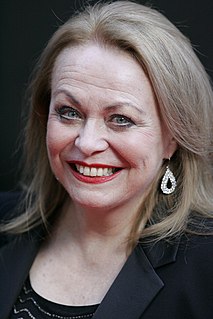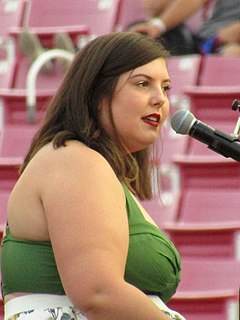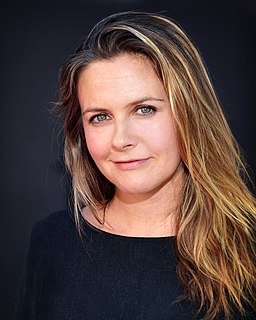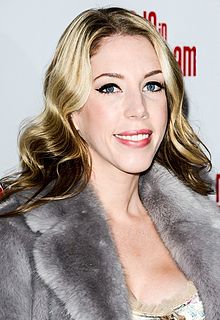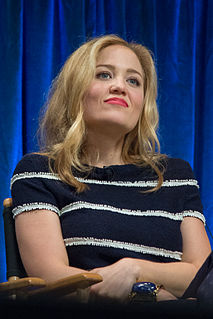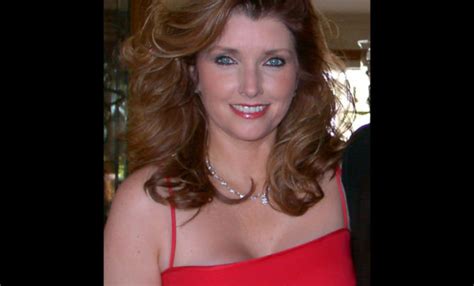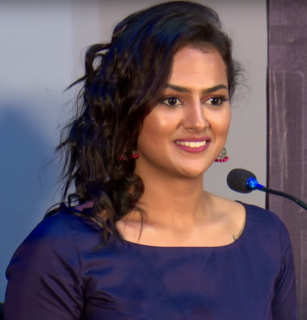A Quote by Jacki Weaver
I'm a nice middle-class girl in real life, and I'm a mom and a grandma, and I usually play sweet characters.
Related Quotes
I have a black Grandma and white Grandma. My white Grandma lives in Fort Lauderdale, paints, and teaches bridge. She's wonderful. My black Grandma, equally wonderful, is my neighbor across the street, Bobbie, who's always insisted that I call her Grandma, and honestly, over the years she's become a real Grandma to me.
If you were a successful upper-middle-class Negro girl in the 1950s and '60s, you were, in practice and imagination, a white Protestant upper middle-class girl. Young, good-looking white women were the most desirable creatures in the world. It was hard not to want to imitate them; it was highly toxic, too, as we would learn.
The wedding is the chief ceremony of the middle-class mythology, and it functions as the official entrée of the spouses to their middle-class status. This is the real meaning of saving up to get married. The young couple struggles to set up an image of comfortable life which they will be forced to live up to in the years that follow.
When I grew up, I realised what an amazing thing my parents did. It was such a big deal for my mom, a middle class woman, to decide to leave her children and husband to go and do her Ph.D. for three years. And my dad, who is even more middle class, a traditional South Indian, to let his wife do that.
